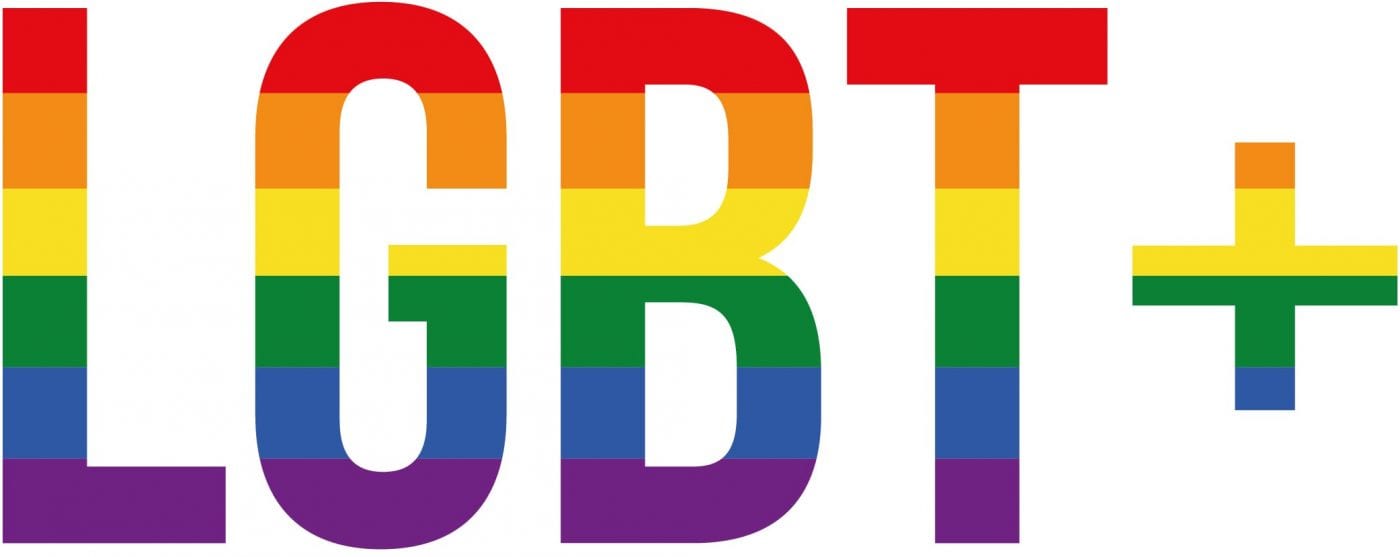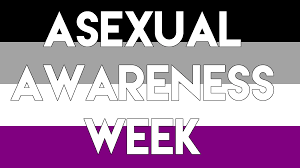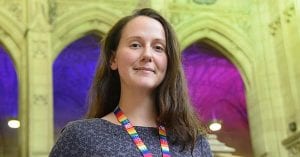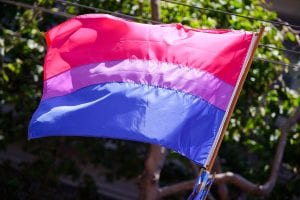Asexual Awareness Week: 21st -27th October aims to celebrate and bring awareness to asexuality. An asexual person experiences little or no sexual attraction but it’s important to note that there are other types of attraction including:
- Sensual attraction – attraction based on desire for non-sexual physical intimacy e.g. cuddling, snuggling
- Romantic attraction – attraction based on desire for emotional intimacy
- Aesthetic attraction – attraction based on finding someone visually pleasing
- Platonic attraction – attraction based on desire for friendly interaction
As with sexual attraction, someone can experience these types of attraction towards people of the same gender and/or a different gender or not experience them at all. For example, I’m asexual homosensual and heteroromantic so not experiencing sexual attraction, attracted to men for non-sexual physical intimacy and attracted to women for emotional intimacy.
Despite it being estimated that about 1% of people are asexual, asexuality is a sexual orientation that is rarely talked about and often forgotten, resulting in erasure. Whilst representation is slowly increasing, asexual TV and film characters are often presented in a way that perpetuates dangerous stereotypes that asexuals are all introverted, socially awkward, naive and in some way ‘broken’. BBC Three’s recent documentary on asexuality (which I feature in!) is one of the first representations of asexual people on British television but unfortunately the final edit does little to challenge these stereotypes. This lack of accurate representation means the validity of asexuality can often be challenged, resulting in discrimination and hate crimes. However, due to a similar lack of representation in the law, asexual people do not currently have the same legal protections that people of other sexual orientations benefit from.
So how can you be an ally to asexual people? Use ‘LGBT+’ as an acronym consistently – interchangeably using acronyms such as ‘LGBT’ and ‘LGBT+’ contributes to the erasure of asexuals (as well as others who identify in the ‘+’). Also, find out more about asexuality – a useful place to start is the Asexual Visibility and Education Network.
Matt Humberstone
Student Development Coordinator, Bristol SU




